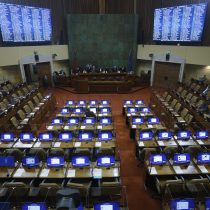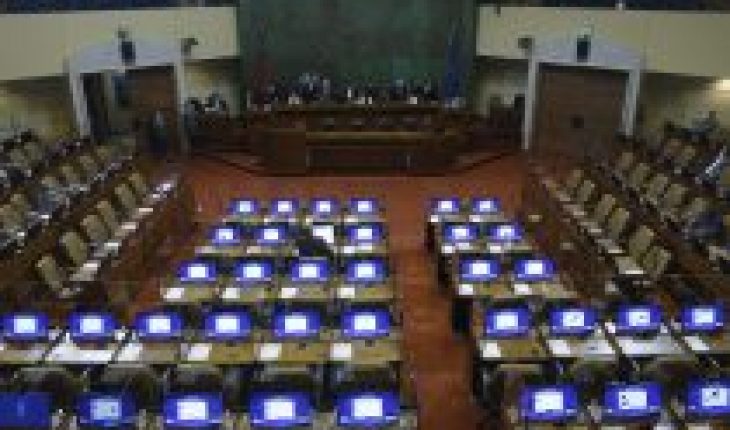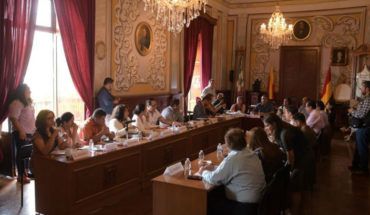
This Monday afternoon, the Government finally entered the Chamber of Deputies the project that seeks to modify the Penal Code and give greater efficiency to the tools for the fight against organized crime, which was questioned from the Senate and opposition sectors.
On the project, the undersecretary of the Segpres, Juan José Ossa, confirmed that he entered the lower house to be reviewed by the Constitution Commission, where the initiative seeking to combat drug trafficking is already being analyzed.
“Because these are matters that are related of course that we have preferred that path, but we also intend that the security committee can know it,” he said.
He subsequently defended the initiative, ensuring that “unfortunately crime is beating the times and parliamentarians and we have to make an effort.”
“It’s about modernizing legislation to the new forms of criminality that exist today. Unfortunately, technology and tolerance for certain activities has meant that there are illicit associations that have cost a lot of power to disrupt,” he explained.
“There is a very good environment to deal with this project, so we look forward to having everyone’s support,” he said.
In the body of the text submitted to the Chamber of Deputies, it is explained that “In Latin America, drug trafficking is the main manifestation of transnational organized crime, and it is in the wake of this crime that other illegals are directly or indirectly enhanced, such as the illegal arms trade, corruption, among others. In addition, new emerging crimes such as smuggling, human trafficking and smuggling of migrants that could use the logistics and networks already developed by drug trafficking to settle in the territory have been observed in recent years, expanding their reach and impact on society.”
“Our extensive borders, with a large number of land border crossings (enabled and not enabled), varied ports and coves, a significant number of interconnected secondary routes, particular geographical characteristics, high commercial and migration transit, increasing domestic demand for drugs, and incipient coordination between the various institutions with powers to prevent and control such crimes, make Chile more vulnerable to drug trafficking and other forms of transnational organized crime” Add.





